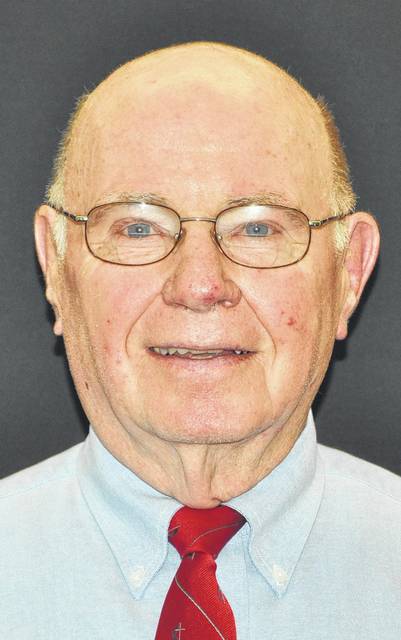
There’s some “judgmentalism” in all of us. We like to define who’s right and who’s wrong; who’s with us and who’s not; who’s “in” and who’s “out.” Unfortunately, this routine happens too often within the church.
There are various criteria for evaluating people:
• Is the Gospel invested primarily in social responsibility – or personal holiness?
• Should we interpret the Bible literally – or in a prayerful way, allowing God’s Spirit to enrich our understanding?
• Dare we ask which political positions are more faithful to the values of Jesus? Etc.
I’m intrigued, however, that this Sunday’s Lectionary readings hint that there’s another criteria. Each of the Biblical passages listed for Feb. 23 has a focus on God’s grandeur — a time of a breathtaking, transformative experience. Thus there might be an added criteria: How do we respond to God’s grandeur?
Consider when Moses goes up the holy mountain to encounter God more personally — and to receive the stone tablets with the Ten Commandments. In reading Exodus 24, one senses that Moses is so spell bound by the event that he’s not even sure who – or if any – of his fellow leaders should accompany him. The event is described with these words: “The glory of the Lord settled on Mount Sinai.” Later, when God spoke to Moses, it was reported: “The appearance of the glory of the Lord was like a devouring fire.”
Granted! There may be some poetic hyperbole in such description, but what’s inescapable is an indescribable mysticism of the event. The writer of Psalm 99 echoes the grandeur with: “The Lord is king; let the peoples tremble.” and “Let them praise your great and glorious name.”
In II Peter, the testimony to grandeur becomes more personal. “We have been eyewitnesses to his majesty.” That term “majesty” may be more striking in our culture, because we don’t have any context of royalty. Thus it’s easier for that testimony to reflect the breathtaking nature of experiencing God.
The best example of a breathtaking experience in Jesus’ ministry is the Matthew 17 account of The Transfiguration. Again it’s a mountaintop where it happens. With his inner circle of Peter, James, and John, there, Jesus is transfigured. “Transfigured” is not a word we often use. It’s unique enough to see what happened as virtually inexplicable. For the three disciples, it was a matter of breathtaking grandeur.
In this focus in Matthew 17, we have a story that can really touch us. On one hand, the Moses story is so supernatural that we may hold it at arms length. On the other hand, the account in Peter’s letter might be seen simply as enthusiastic testimony. That’s OK, but it may not move us – like trying to imagine what Jesus’ companions felt.
In that experience, the three saw Jesus – literally in a new light. The Gospel writer says of Jesus, “his face shown like the sun.” We might imagine the disciples actually being blinded. But more so, the minds were overloaded. They did not know what to say. Of course, Peter tried to say it anyway – and said the wrong thing. That is not an indictment of Peter, because we may have done the same thing.
It’s hard to survive grandeur. Maybe our imaginations are not well tuned to God’s majesty. Perhaps we can’t surrender our ordinary existence in order to accept God’s marvelous love for us. Or is it possible we simply haven’t taken the time to think deeply about the wonderful mysteries about God, to imagine the unimaginable, to yield our finite intellectual pride to the endless power and infinite possibilities of God’s presence in our lives?
We dare not be like Peter, responding before the grandeur has sunk in. By true surrender to that grandeur, we may find an unexpected, but glorious fulfillment in our lives.


